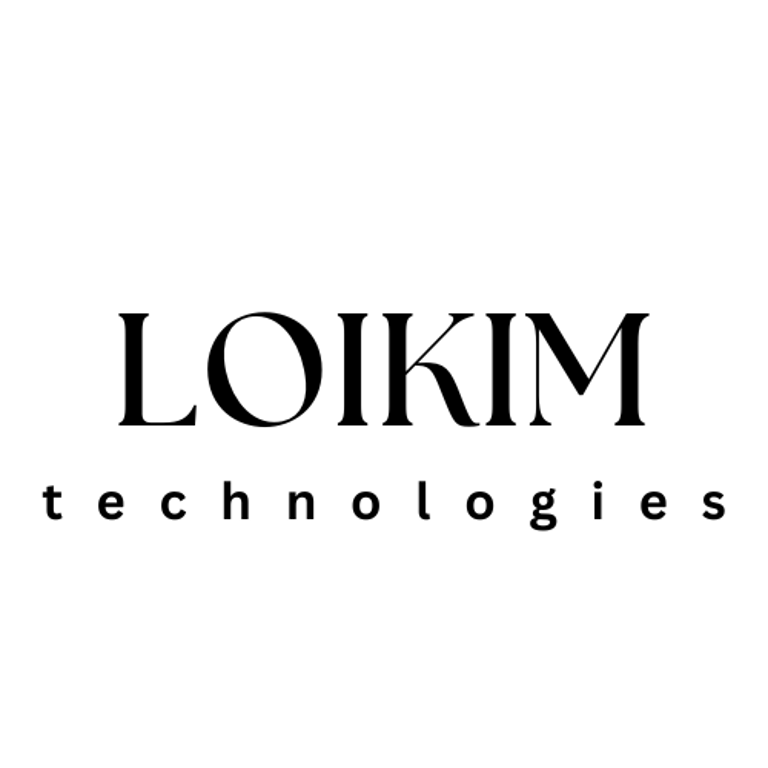The Transformative Impact of Artificial Intelligence on the Job Market
3/30/20252 min read


Introduction to AI and the Job Market
Artificial intelligence (AI) is revolutionizing the job market, leading to significant changes across various industries. As AI technologies evolve, they are not only automating traditional tasks but also creating new job opportunities and reshaping the workforce. Understanding the dynamics of this transformation is crucial for both employers and professionals.
The Automation of Tasks and Its Impact
One of the primary ways AI is influencing the job market is through automation. Tasks that were once manual and time-consuming are now being streamlined by advanced software and machines. Industries such as manufacturing, logistics, and customer service are experiencing the most significant automation, leading to enhanced operational efficiency and productivity. However, this shift raises concerns about job displacement, as roles that rely heavily on repetitive tasks may become obsolete.
Emergence of New Job Opportunities
Despite the fear of job loss, AI is also creating new roles that require specialized skills and knowledge. For instance, positions such as AI specialists, data analysts, and machine learning engineers are on the rise. These emerging roles demand a workforce that is adept at handling advanced technologies and can analyze complex datasets to inform business decisions. As companies integrate AI into their operations, a demand for skilled professionals who can bridge the gap between technology and traditional practices is burgeoning.
Navigating Skill Gaps and Workforce Adaptation
The rapid advancement of AI presents both a challenge and an opportunity for professionals. A crucial element in thriving within this AI-driven landscape is the continuous updating of skills. Upskilling and reskilling initiatives are essential for employees to remain relevant in their fields. Employers are encouraged to invest in training programs that equip their teams with the necessary tools to adapt to this evolving work environment. By fostering a culture of learning, organizations can mitigate the adverse effects of AI on employment and prepare their workforce for the future.
Conclusion
As artificial intelligence continues to transform the job market, individuals and organizations must embrace change and adapt to new realities. While AI presents challenges such as job displacement and skill gaps, it also opens the door to a wealth of opportunities. Understanding the impact of AI on employment and actively seeking ways to bridge skill discrepancies will be key to thriving in this new era of work. By staying informed and adapting to these changes, professionals can position themselves favorably in an increasingly AI-driven world.
